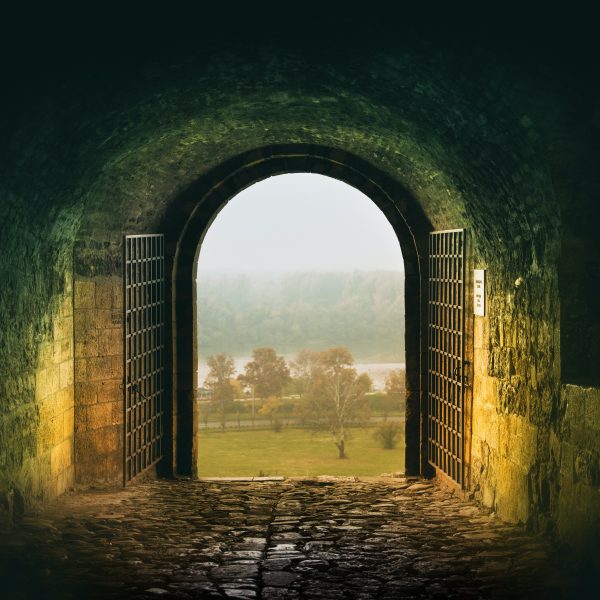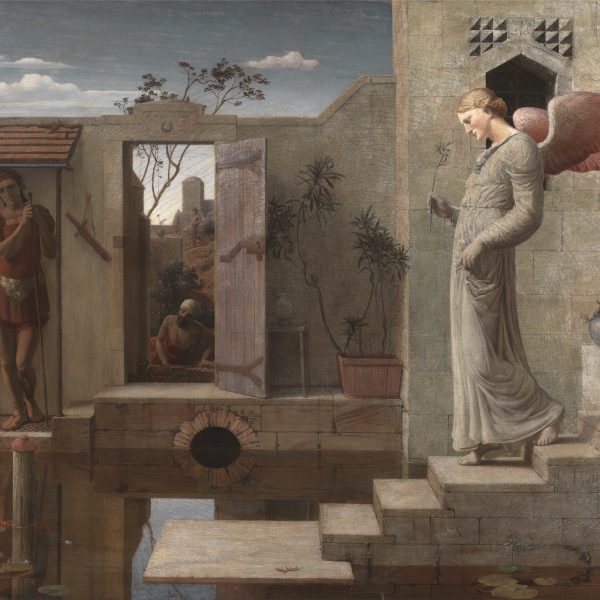
In our times when critical thought is suspect and even scientific facts have become articles of faith in need of defense, to play the double bind between the ethical and the political is the constant task Christians and others must continually engage in. This play contains serious risks, no doubt. What gives grace its generosity and generative capaciousness also makes it liable to be the locus of opportunism and oppression.

For those who are most vulnerable today—those at risk of infection due to socio-economic injustices that put them in greater harm’s way and/or age and immune-deficiencies that leave their bodies more compromised to the most severe effects of the COVID-19 virus, particularly in the United States, the disproportionate numbers of people of color whose communities are being ravaged by this disease—John’s text speaks a word of encouragement and hope.

Humans have grown exponentially in our propensity and power to conquer the earth itself. Despite being newcomers relative to neighboring species, humans usually behave as if we owned the place. But Psalm 95 speaks clearly: When we come into God’s presence—and there is no place God is more vividly present to us than in creation’s midst—the psalm says to come with thanksgiving, the polar opposite of greed.

In our own world, the Bethesda story reminds us of the fact that social and economic systems meant to assist the needy often keep them in poverty. Our story suggests that the 40 million Americans who live in poverty will need to doubt and challenge the system, and to look for help outside of it. Further, our sermons will need to speak life into death as a reminder that there is life beyond the system.

